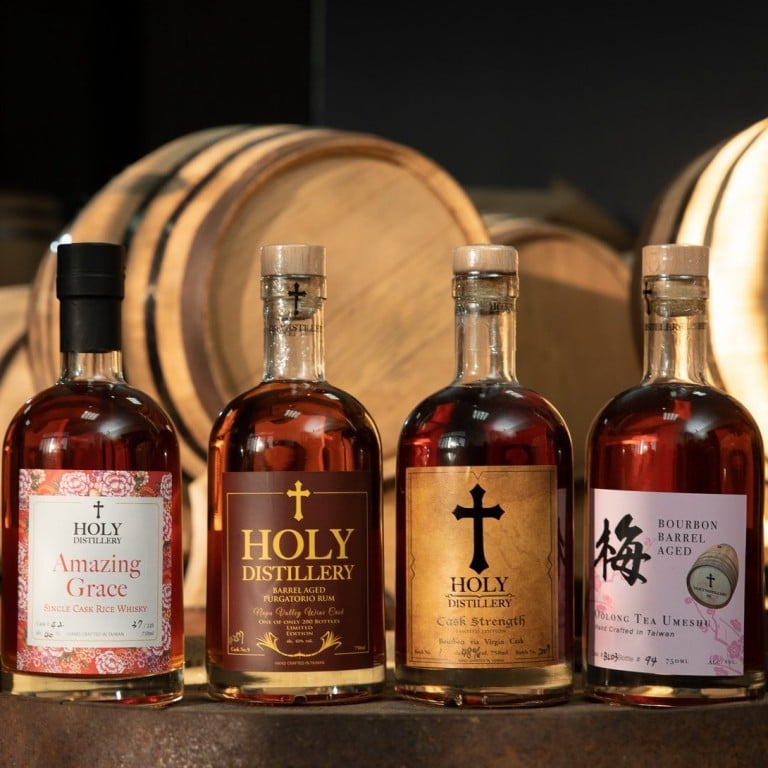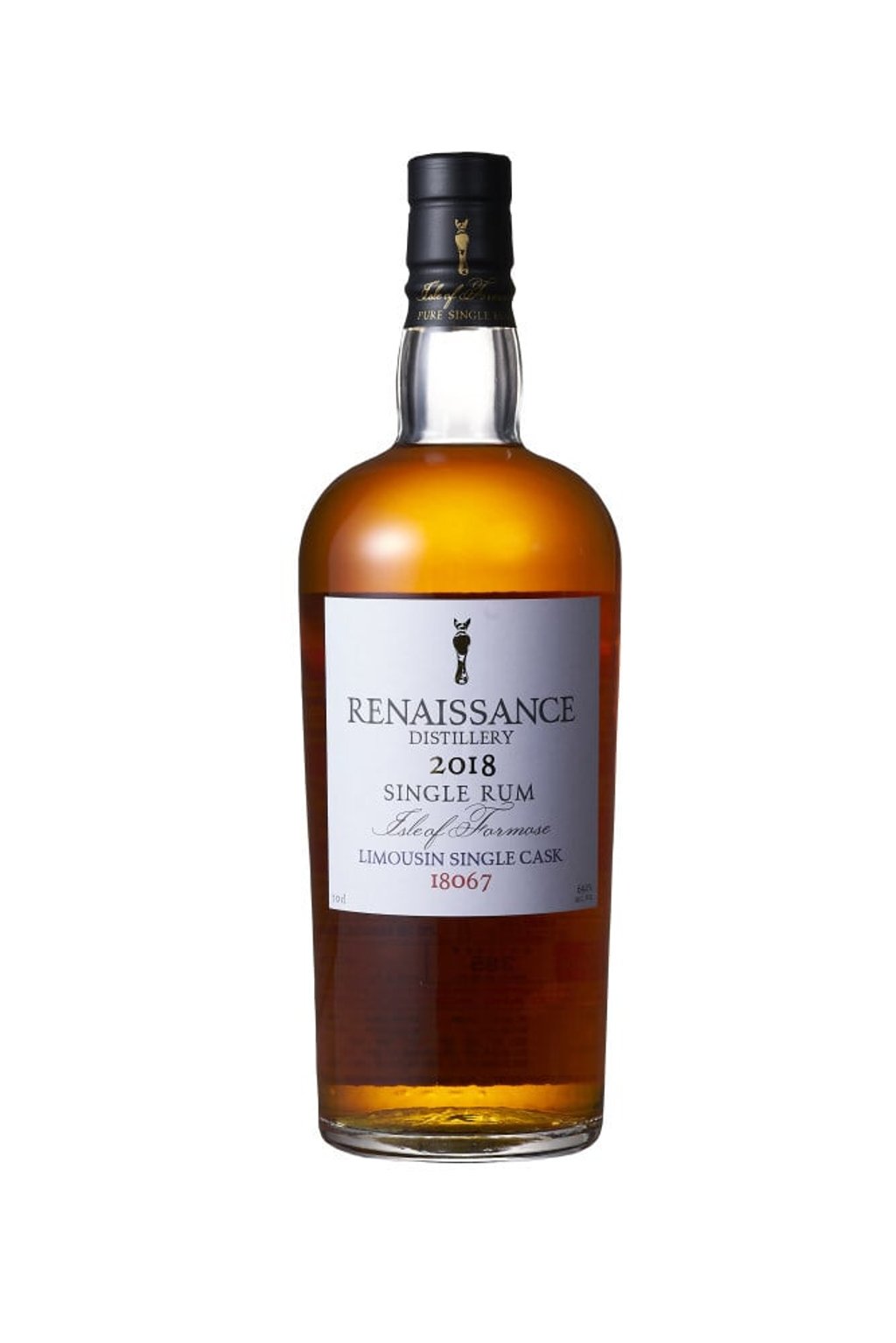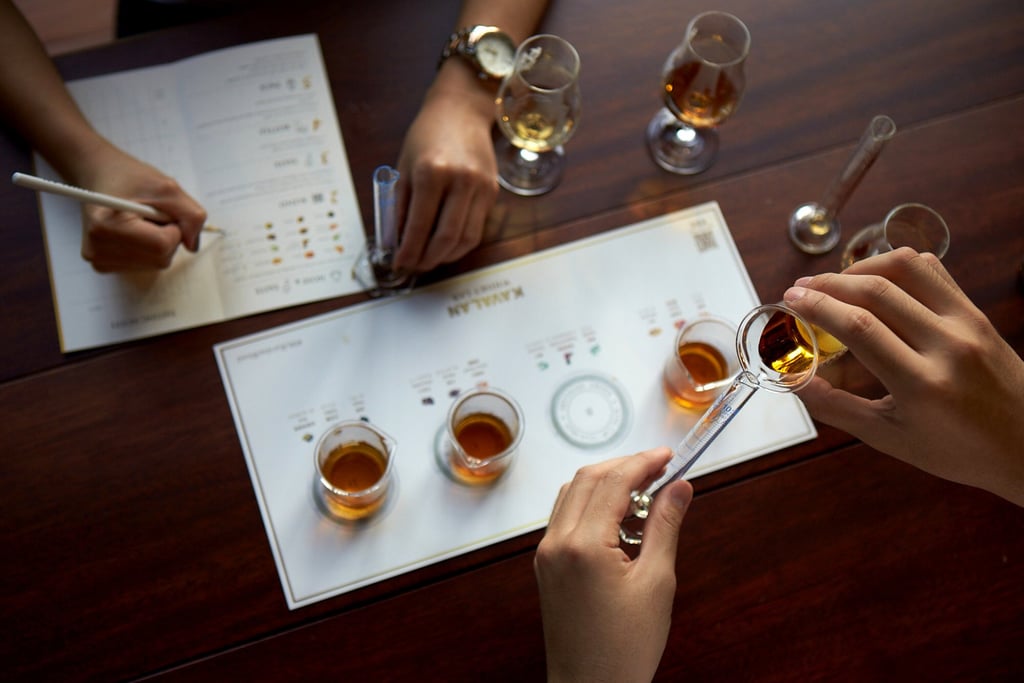Will Japanese whisky be eclipsed by Taiwan? The island’s gin and rum also show promise – with one distillery promising spirits ‘good enough for God’

- Move aside, Suntory and Nikka? Kavalan isn’t the only Taiwanese whisky you should know about – Taipei’s Holy Distillery even aims for the divine
- Renaissance Distillery uses locally sourced sugar cane to create high ABV rums, experimenting with Japanese Mizunara oak and French Limousin casks
Back in the Age of Discovery, Ilha Formosa (“beautiful island”) was the name the Portuguese gave to Taiwan. Today the Renaissance Distillery, based in Kaohsiung, southern Taiwan, uses an anglicisation of the name – “Isle of Formose” – to advertise the origin of its rum.
Taiwanese spirits have slowly but surely risen in popularity across the globe over the past decade. Their rise began with Kavalan, which opened its single malt whisky distillery in 2005 and joined a competitive global scene where Scotch, Japanese whisky and American bourbon long reigned supreme. Today, Kavalan is known far and wide, from Japan to the United States. Omar, another Taiwanese whisky producer, is also popular in the West, having recently begun focusing more on overseas markets.
As the market for Taiwanese spirits grows rapidly, regulations are being enforced to maintain the highest possible standards. This is pertinent given Japan’s experience where many companies took advantage of local rules which allowed imported whiskies to be pushed as Japanese. More stringent whisky regulations have only recently been introduced in Taiwan’s northern neighbour.
According to Kavalan CEO Lee Yu-ting, whisky made in Taiwan “must be mashed, fermented, distilled and aged for at least two years. It must contain grain and be bottled at a minimum alcoholic strength of 40 per cent.” The industry is hoping that as more Taiwanese brands begin distilling, the geographical indications will become even stricter.

With a growing appetite for whisky across the world, and Kavalan paving the way, new distilleries have started opening across Taiwan. One of the newest, Holy Distillery, produces gin and whisky at its premises on the outskirts of Taipei. As the name suggests, the distillery is a product of faith, with each release featuring names like Valour and Genesis.
Alex Chang, the founder, has based his model on craft distilleries in the US, which distil a variety of spirits. Chang creates gin and whisky using the huge abundance of botanicals and grains found across Taiwan.

“A new generation of distillers is emerging from Taiwan,” says Chang. “We are showcasing our local grains and botanicals in an attempt to introduce Taiwan’s wonderful flavours to the world.” Chang continues to experiment in the hope of pleasing the highest possible authority: “to make a spirit to please God’s palate”, as he puts it, no doubt hoping it’ll win our approval too.